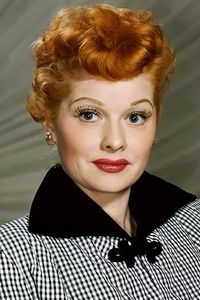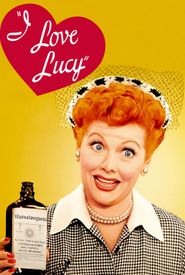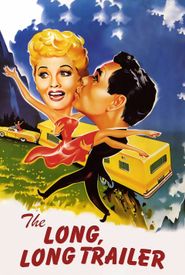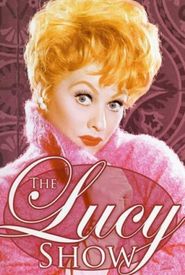Lucille Desiree Ball, the iconic and beloved actress, was born on August 6, 1911, in Jamestown, New York, to Desiree Evelyn "DeDe" Hunt and Henry Durrell "Had" Ball. Her life took a dramatic turn when her father passed away before she was four years old, and her mother worked multiple jobs to support her and her younger brother. Raised by their grandparents, Lucille took on a significant role in caring for her brother and young cousins, showcasing her responsible nature.
As a restless teenager, Lucille yearned to make a name for herself and was drawn to the world of drama. She attended a dramatic school in New York City, but despite her efforts, she was sent home, deemed "too shy" by her instructors. Undeterred, Lucille pursued modeling opportunities with Hattie Carnegie's, and in 1933, she was selected as a "Goldwyn Girl" and appeared in the film Roman Scandals.
Lucille's career continued to blossom as she was put under contract with RKO Radio Pictures, landing small roles in films such as Top Hat and Stage Door. She eventually secured starring roles in B-pictures and occasionally appeared in A-pictures, including The Big Street and Without Love. During the filming of Too Many Girls in 1940, Lucille met Desi Arnaz, a young Cuban actor-musician, and the two fell deeply in love. Despite their differences in personality, lifestyle, religion, and age, they eloped and were married in November 1940.
Lucille's career continued to thrive as she transitioned to Metro-Goldwyn-Mayer, securing better roles in films such as Du Barry Was a Lady and Best Foot Forward. In 1948, she landed a starring role in the radio comedy "My Favorite Husband," playing the scatterbrained wife of a Midwestern banker. When CBS approached her with the opportunity to adapt the show into a television series in 1950, Lucille convinced the network to let Desi play her husband and to sign over the rights to and creative control over the series to them.
The result was the groundbreaking sitcom I Love Lucy, which premiered in 1951 and revolutionized the television industry. Lucille and Desi introduced the 3-camera technique, now the standard in filming sitcoms, using 35mm film. The show's immense popularity led to its syndication, and Lucille became the first woman to own her own studio, Desilu Productions, as the head of the company.
Lucille Ball passed away on April 26, 1989, at the age of 77, due to an acute aortic aneurysm at Cedars-Sinai Medical Center in Los Angeles, California. Her legacy as a talented actress, entrepreneur, and trailblazer in the entertainment industry continues to be celebrated and remembered to this day.













































































































































